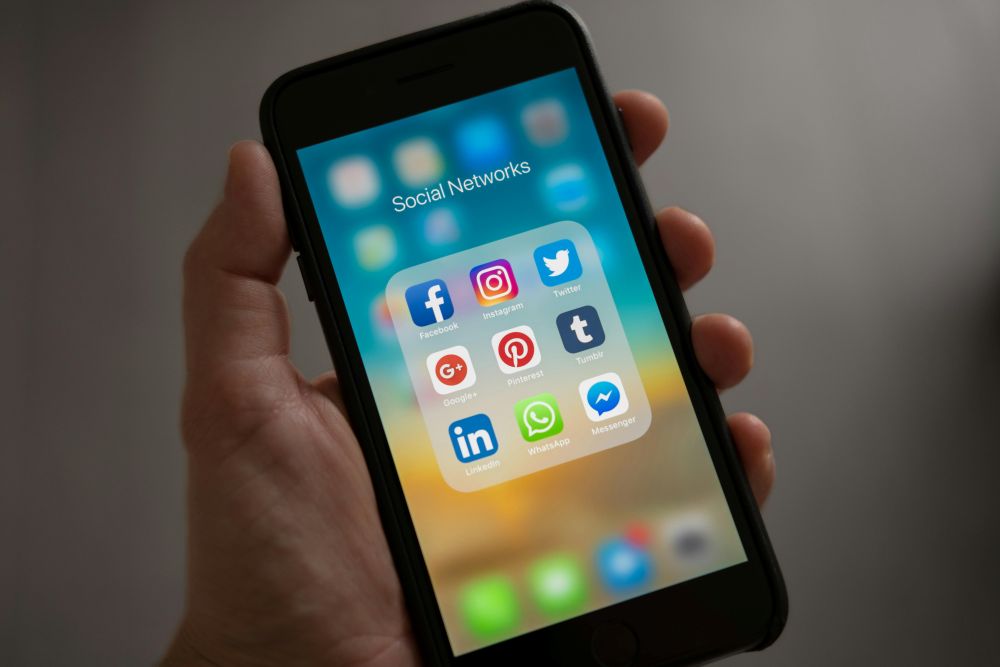

Excessive Leisure Screen Time Linked to Increased Psychological Distress Among Teenagers
In an era dominated by digital technology, concerns surrounding the mental health of adolescents have come to the forefront. A recent study highlights a concerning trend: teenagers who spend more than three hours daily on leisure-related screen activities are at an increased risk of experiencing psychological distress. This research underscores the differential impacts of various types of screen time, suggesting that educational screen use may yield more positive outcomes compared to non-educational use such as gaming or social media browsing.
The study, which tracked thousands of adolescents over several years, monitored their screen time at age 14 and followed up with mental health assessments at age 17. Findings revealed a clear correlation between high leisure screen time—especially time spent gaming—and greater feelings of anxiety, depression, and restlessness. Interestingly, extended periods of reading were also associated with negative mental health effects, particularly among male participants.
Expert opinion suggests that the isolation often accompanying excessive screen time can detract from essential social interactions, which are vital for healthy development. Engaging in face-to-face interactions, outdoor activities, and physical exercise has long been recognized as beneficial to mental health. Consequently, when adolescents substitute these enriching experiences for solitary screen time, they may unintentionally foster feelings of loneliness and disconnection.
However, the researchers noted that not all screen time is detrimental. Educational screen usage, including studying or virtual classroom attendance, did not demonstrate the same adverse effects. On the contrary, moderate engagement in educational activities appeared to correlate with reduced stress levels, suggesting a need for balanced screen-time guidelines that distinguish between types of usage.
Another crucial aspect of this research is the impact of screen time on sleep quality. Numerous studies have established a link between late-night screen exposure and worsening sleep patterns, which in turn can exacerbate mental health issues. Quality sleep is integral to emotional well-being, and as teens navigate their screen habits, attention to sleep hygiene becomes increasingly important.
For parents and caregivers, implementing reasonable restrictions on recreational screen usage is advisable. Promoting a diverse range of activities, such as sports, social outings, and creative pursuits, can help mitigate the risks associated with excess screen time. It’s essential for caregivers to recognize that individual responses to screen use can vary; what may be engaging and harmless for one adolescent might be overwhelming for another.
The implications of this study are significant in understanding the interface between technology and adolescent mental health. As screens continue to permeate daily life, fostering a mindful approach to screen engagement—one that emphasizes balance between online activities and real-world interactions—may prove critical in supporting the mental well-being of young individuals. Future research could further explore the long-term effects of screen habits on mental health, providing deeper insights for families and educators alike.
Sources:
– Study links excessive screen time to psychological distress in adolescents
– Prospective Association of Sedentary Behavior With Psychological Distress Among Adolescents00515-9/fulltext)
RELATED POSTS
View all



